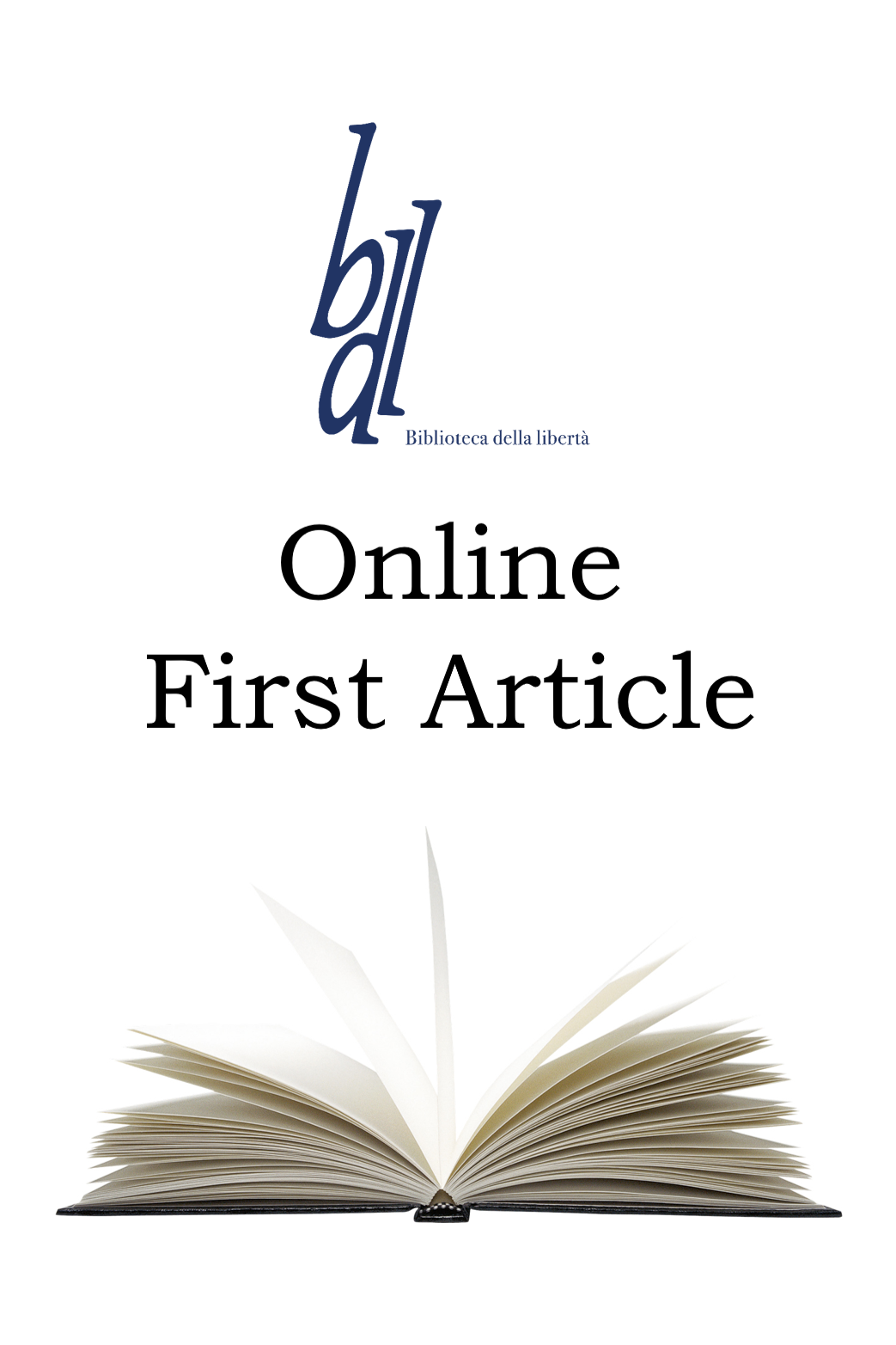- Ricerche e Progetti
- Biblioteca della Libertà
- Pubblicazioni e Working Paper
- Articoli e media
- Eventi e notizie
All issues
Constraint or Vocation? Changing the Narrative of the “Familization” of Employment Relations between Migrant Live-in Care Workers and their Employers
Anno LV, n. 229, settembre-dicembre 2020
- Categoria/Category
- Anno LV, n. 229, settembre-dicembre 2020
- Autore/Author
- Minke Hajer , Claudia Zilli
- Editore/Publisher
- Centro Einaudi
- DOI
- 10.23827/BDL_2020_3_3
- Luogo/City
- Torino
- Articolo completo/Full text
- 03-BDL229_Hajer_Zilli.pdf
Abstract
The Italian system for long-term care for the elderly relies heavily on live-in care work, mostly performed by migrant women. There is a complex and ambiguous system of informal relationships between the care workers and their employers. Care workers often describe their employers as ‘family-like’ persons, and vice versa. When the relationships between care-workers and their employers become more familiar the line between formal job requests and personal favours can blur. Literature regarding care work identifies this as a potential cause of exploitation of care-workers by their employers. In this article, however, we suggest that creating family-like relations between care workers and their employers is a deliberate strategy of both Italian families and care-workers themselves. For families it is a way to cope with the fragile health or closeness to death of their elderly family member. Yet, family-like relations can also be particularly important for care workers. While they are usually perceived as victims of this type of ‘unbalanced’ employment relationship, we argue how they can use these relations to develop forms of agency and empowerment.







